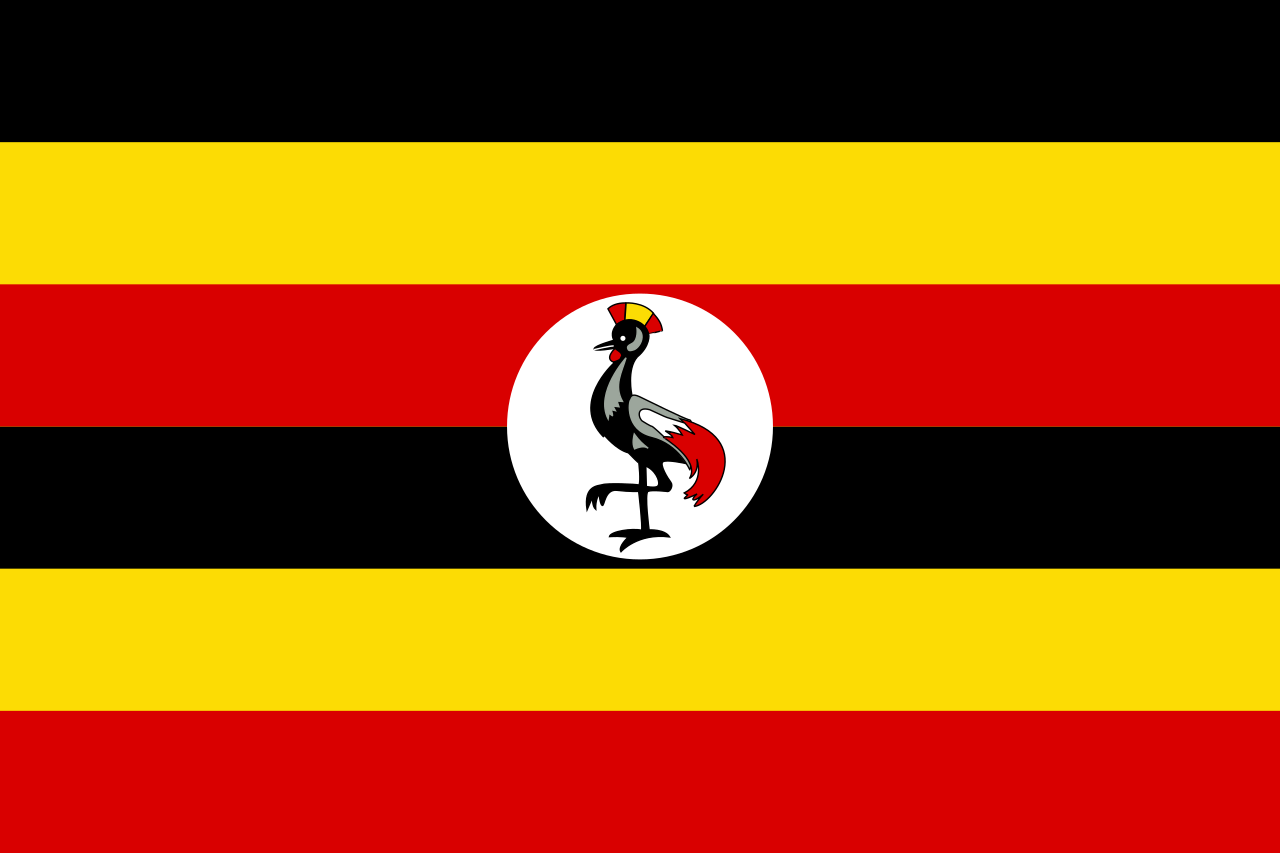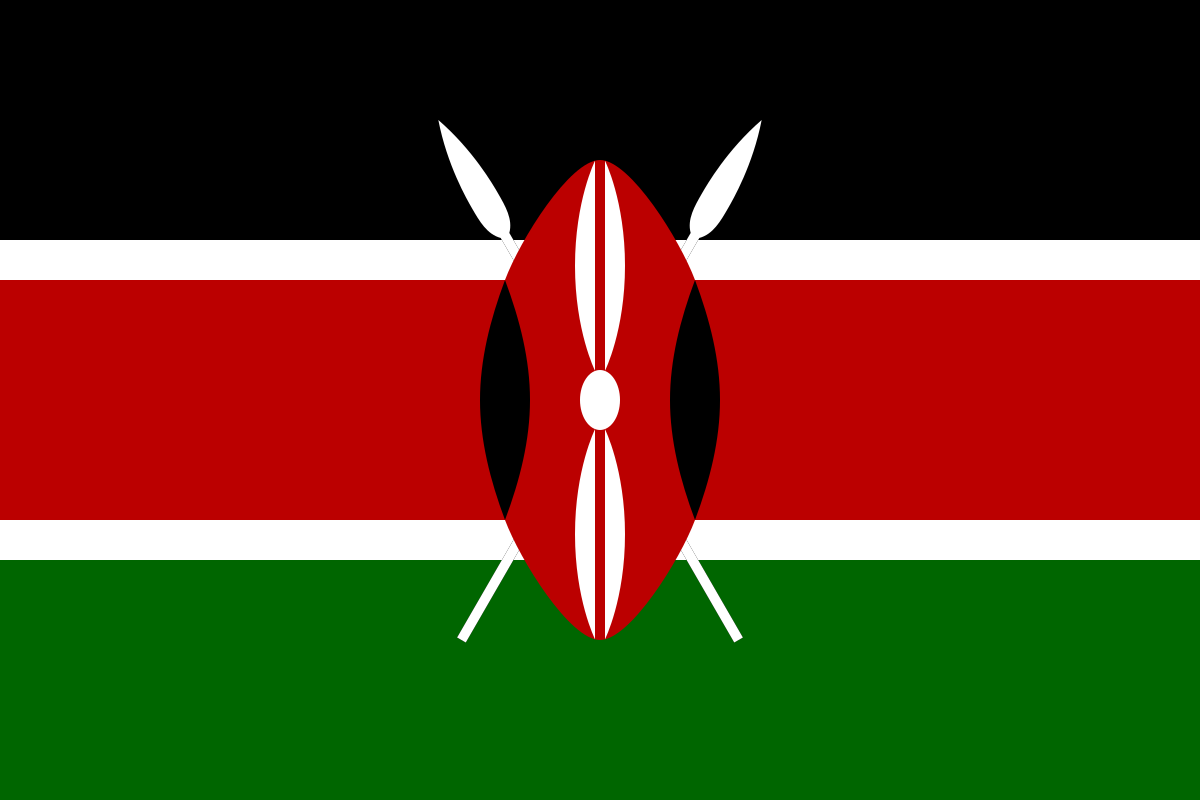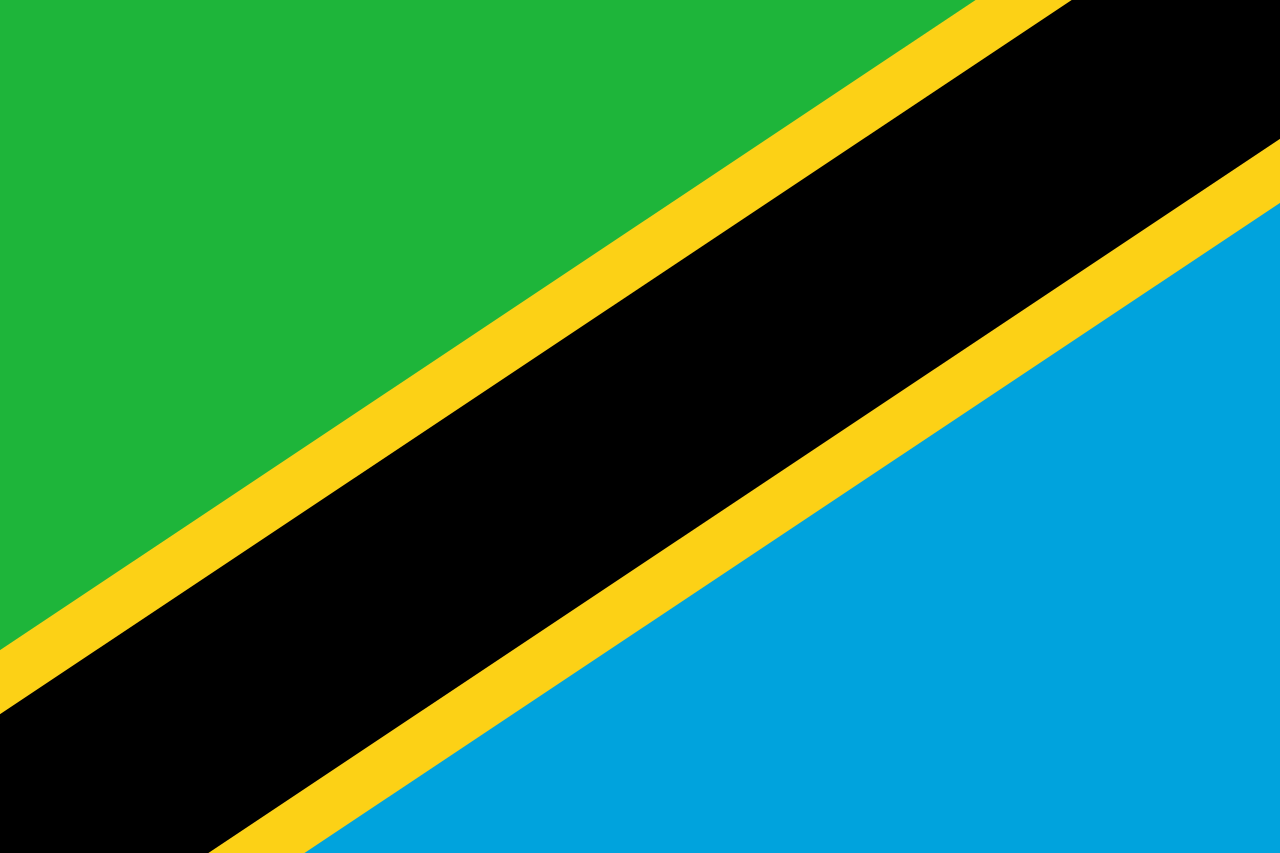KAMPALA, March 12 (Xinhua) -- Chinese technology giant Huawei has provided training to 241 young individuals in Uganda's northern district of Alebtong, equipping them with a range of digital skills.
Huawei said in a statement issued late Monday that the beneficiaries graduated on March 7 after a three-week training exercise.
Denis Obua, a senior official of the ruling party National Resistance Movement, hailed Huawei for implementing the DigiTruck program, which is in line with the country's development plan.
The DigiTruck, a truck transformed into a computer classroom, travels from one region to another, where instructors train people in e-commerce and online research. It is part of Huawei's TECH4ALL initiative to promote digital inclusion and sustainability globally.
"This is a clear manifestation that ICT (information and communications technology) is a very important aspect of our lives. With such skills you have attained, you can use them to transform Alebtong and beyond," Obua said, adding that the government would soon need people with ICT skills to fill jobs for the national census.
Gao Jian, Huawei Uganda's deputy managing director, said that through ICT skills, the beneficiaries have become architects of their own destiny. Gao encouraged them to use the skills they have acquired to better themselves and ultimately build a better Uganda.
This is the third DigiTruck training, after two sessions were launched in the eastern part of the country. The training attracted students, teachers, farmers, health workers and government officials. - Xinhua








